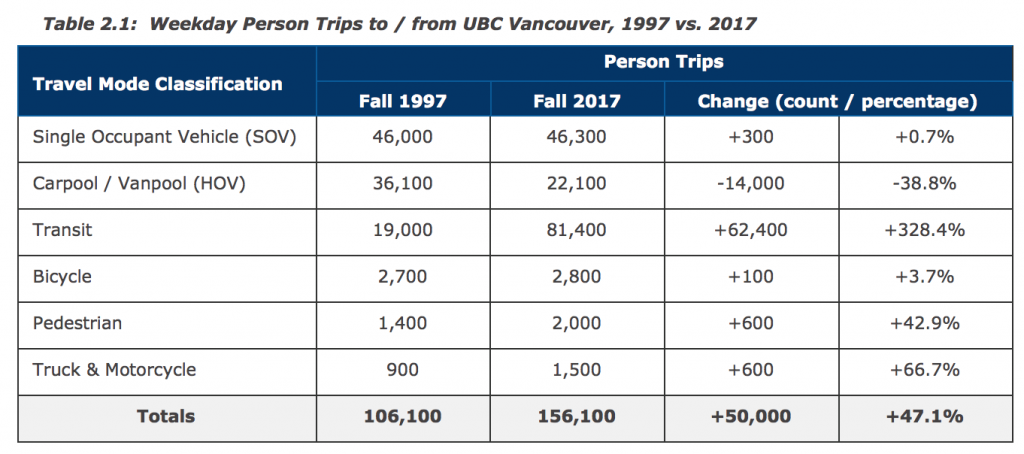I couldn’t forget to talk about UBC’s largest sustainability club, Common Energy! I’ve heard a lot about Common Energy and their projects through my co worker, Marisha. I sat down with Marisha to learn more about the club and what she does as a club member!

Explain your involvement with Common Energy and why you chose to get involved!
I’m a coordinator for the Student Energy team at Common Energy. I was looking for people that were passionate about sustainability, and heard that Common Energy was one of the largest campus sustainability groups.
Student Energy is a team that is part of a global charity. The charity that chapters in more than 30 other schools! At UBC, the Student Energy team works under Common Energy. The team has about 10 people and is project based.
One project we recently ran was a Big Team, where folks from all 5 Common Energy teams (or anyone that’s interested) comes together as one sustainability community. At the Big Teams, we eat dinner and listen to speakers. At the one my team planned, we talked about sustainable agriculture, and we had speakers come in that are experts in sustainable cannabis production and sustainable agriculture. There were quizzes, prizes, and it was very successful!
How many students are involved in Common Energy at UBC?
There are at least 60 members, and 5 different teams. I really like how interdisciplinary it is- we have members who study policy, engineering, science, political science, etc. Sustainability isn’t just for one group. Interdisciplinary work is so important as we tackles such a big issue!
What does sustainability mean to you?
It makes me think of the long term- it’s not just about energy or the environment, but about anything we can sustain over time.
If you could change one thing about sustainability at UBC, what would it be?
We’re working on a carpool initiative right now. So many students, faculty, and staff drive their own car to school, which comes with gas and parking costs. We want to connect faculty, staff, and students and provide the infrastructure for a carpool system that will save UBC community members money, and will contribute to improving our environment.
How can others get involved?
There is a Waste Audit happening February 28th from 8am-5pm. At the waste audit, Common Energy will determine whether or not waste is being properly sorted at the Nest. As can be found in the Facebook event page, from data from last year’s audit, only 22% of items thrown in the garbage were actually garbage and 59% of items were actually compostable material. Students can register to volunteer at the event and contribute to the data collection process.
It was awesome to learn a bit more about Common Energy and the sustainability work that they’re doing. I was particularly interested in the commuting challenge that Marisha brought up, that she’s hoping to address shortly. About 75% of UBC’s student population commutes into campus.  According to this UBC transportation document, approximately 46,000 people drove alone to UBC a day in the fall of 2017. Carpool numbers into campus are much lower than they used to be in 1997, and folks are using public transit much more often than they did in 1997. The transit information makes sense to me- we have such a solid transit system now- but I’m surprised that the number of carpool folks has dropped by 14,000 individuals when our overall campus enrollment numbers have been growing. Why don’t folks carpool into campus? What could make the carpooling process more appealing to students, staff, and faculty? I’ve lived on campus throughout my entire UBC degree, so maybe you have more ideas or thoughts about this than I do! I hope Common Energy and Marisha find a solution that is convenient and works well, so that our numbers of folks transiting into campus via single occupant vehicles can drop significantly.
According to this UBC transportation document, approximately 46,000 people drove alone to UBC a day in the fall of 2017. Carpool numbers into campus are much lower than they used to be in 1997, and folks are using public transit much more often than they did in 1997. The transit information makes sense to me- we have such a solid transit system now- but I’m surprised that the number of carpool folks has dropped by 14,000 individuals when our overall campus enrollment numbers have been growing. Why don’t folks carpool into campus? What could make the carpooling process more appealing to students, staff, and faculty? I’ve lived on campus throughout my entire UBC degree, so maybe you have more ideas or thoughts about this than I do! I hope Common Energy and Marisha find a solution that is convenient and works well, so that our numbers of folks transiting into campus via single occupant vehicles can drop significantly.
8. Hi Maddy,
Such a well-written overview of the common energy club and of their different current activities that they are involved in. What really interested me was the part on the carpooling and individual driving. I can offer some insight into the issue of car-pooling. Previously, I drove by myself from North Vancouver to UBC every day. I never car-pooled because where I lived was far away from anyone I knew that went to UBC. But on the support of the single driver position, students who commute by car in my anecdotal evidence live much farther away from UBC and spend probably 2+ hours driving a day. It’s hard to ask these already strained students to find and share their commute by going out of their way to drop people off or pick them up. Currently, I carpool, but it is the result of living on the way of close friends commute.
Thanks!